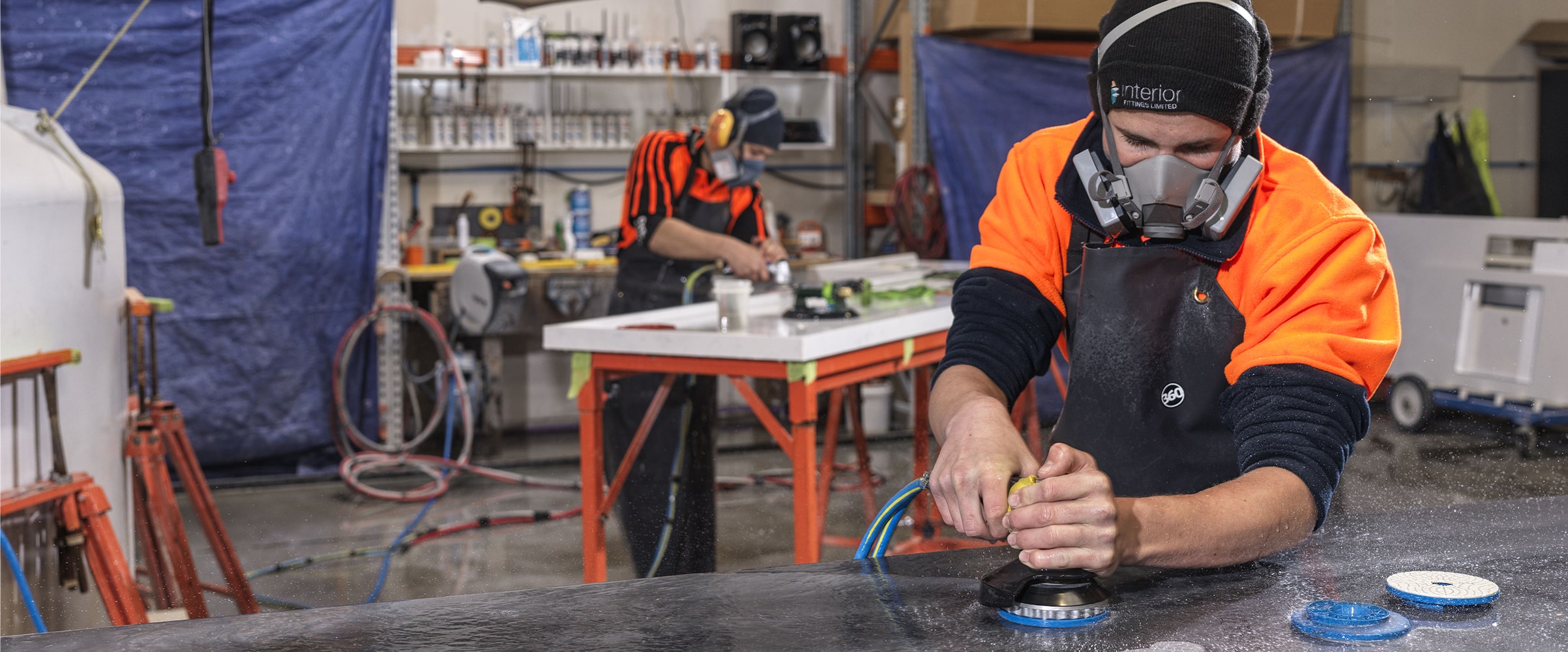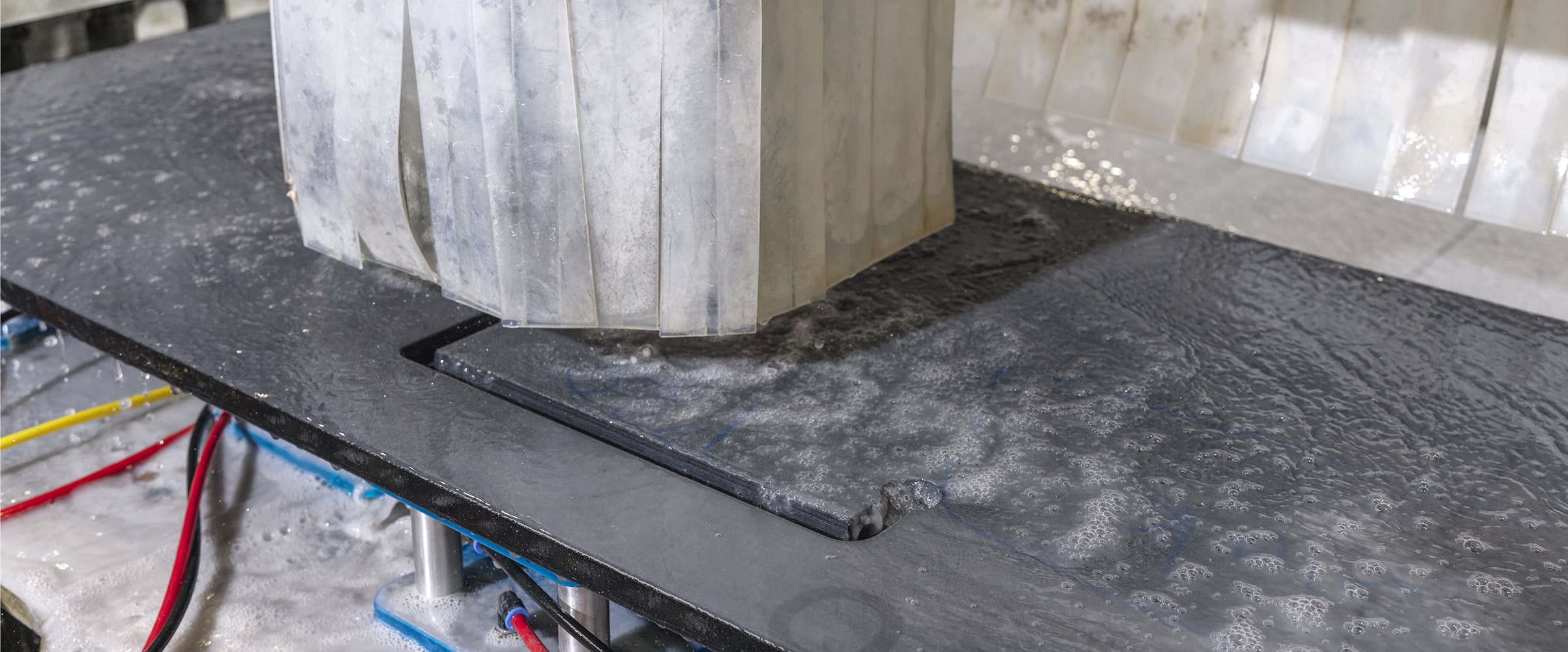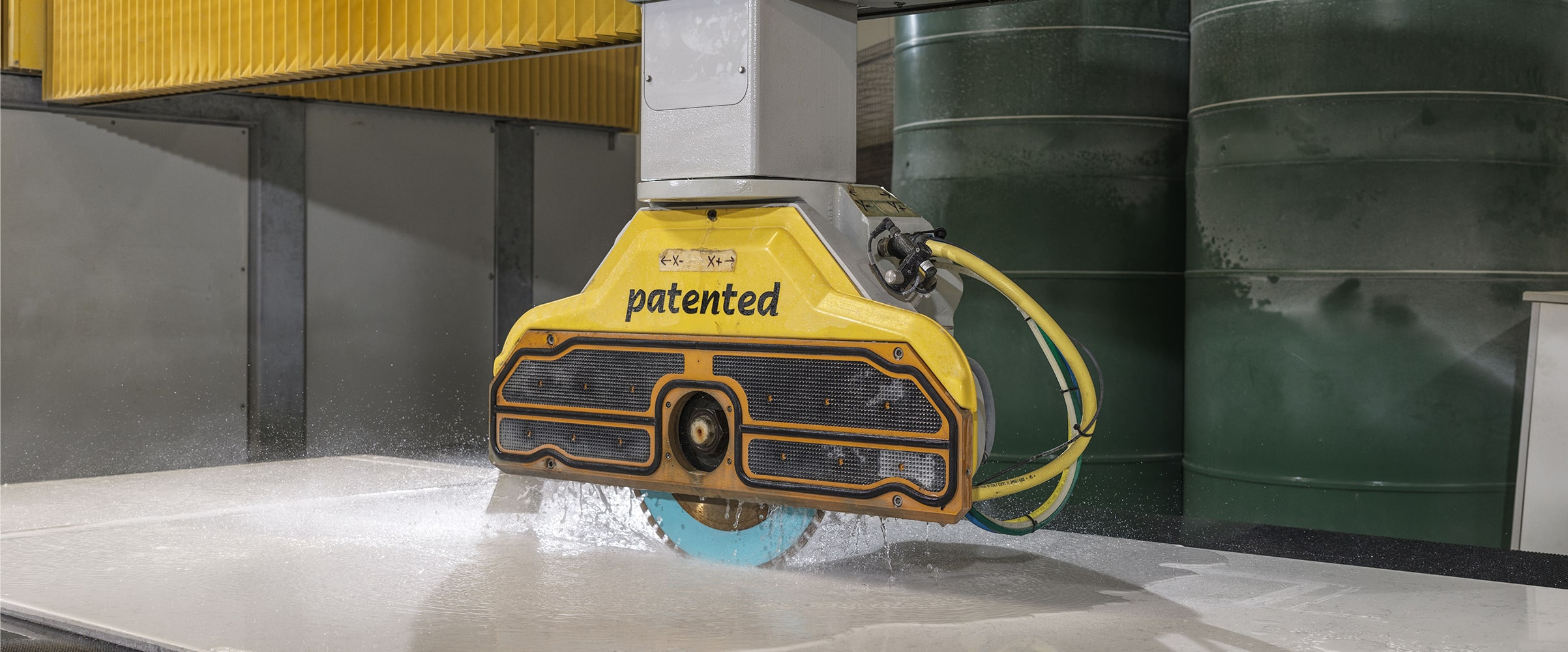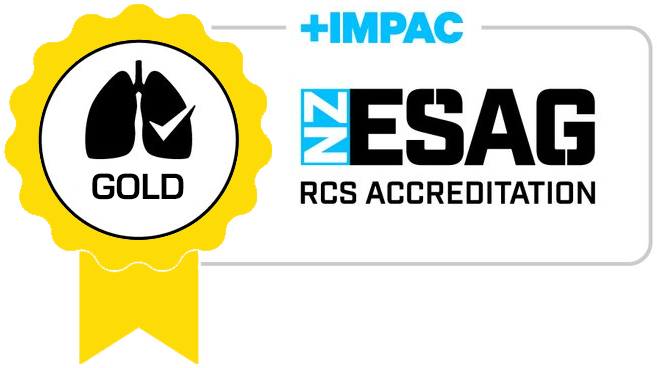NZSAG RCS Accreditation
What is the RCS Accreditation Programme?
The New Zealand Engineered Stone Advisory Group (NZESAG) was established in July 2019 by New Zealand’s leading importers/suppliers of engineered stone/quartz surfaces. The Group’s objective is to respond to the occupational health risk to workers of accelerated silicosis when fabricating, manufacturing, or installing engineered stone products.
In 2020, the NZESAG partnered with Impac Services Ltd (IMPAC) to establish and implement the Respirable Crystalline Silica (RCS) Accreditation Programme to reduce the risk of silicosis across the engineered stone fabrication sector in New Zealand. The RCS Accreditation Programme has been supported by NZESAG members and ACC, and its audit process successfully piloted with a sample of fabricators.
The RCS Accreditation Programme was launched at a series of Roadshows in February 2021 and it is intended that all fabricators will undertake an initial accreditation audit within 12 months.
As part of the Accreditation Programme and on behalf of NZESAG, a Good Practice Guide for the Control of Respirable Crystalline Silica in the Fabrication of Engineered Stone has been coordinated by work health and safety experts, Impac Services Ltd (IMPAC).
The Good Practice Guide sets out the minimum steps required and a risk management process to manage the health risks associated with RCS from working with engineered stone products.
To obtain accreditation, Fabricators must comply with the requirements set out in the Good Practice Guide. This is checked by an audit of the Fabricator’s manufacturing facility, and their processes to identify and manage RCS exposure risk.
All Engineered Stone Fabricators are subject to New Zealand’s Health and Safety at Work Act 2015 (HSW Act). As Persons Conducting a Business or Undertaking (PCBU’s), Fabricators have a primary duty of care to ensure, so far as is reasonably practicable, the health and safety of workers, and that other people are not put at risk by its' work. This means a Fabricator must prevent or minimise the risk from airborne RCS dust, provide training for workers, monitor their health and provide protective equipment.
The RCS Accreditation Programme demonstrates the minimum steps required to manage the health risks associated with RCS and sets out a risk management process. Once the level of conformance with the programme requirements is confirmed by IMPAC, the Fabricator will receive a Certificate detailing their level of accreditation. Accreditation demonstrates a Fabricator’s commitment to the health and safety of their workers and customers.





